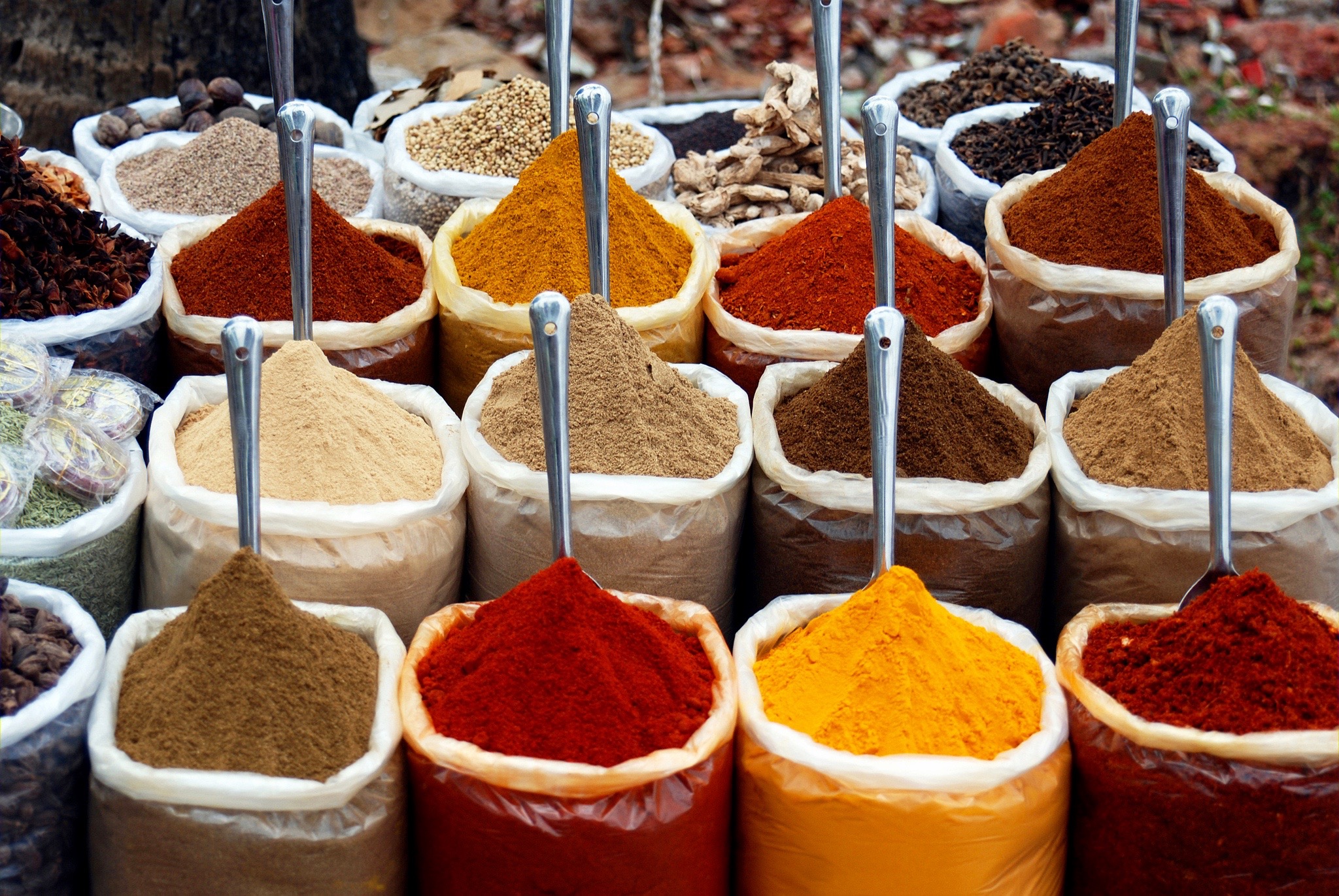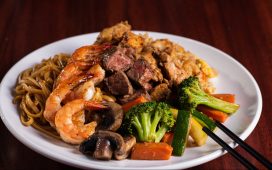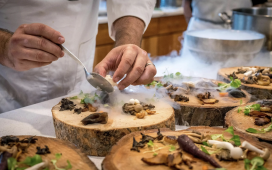Table Of Contents
A dash of this and a pinch of that, and you’ll be creating exclusive, mouth-watering dishes in no time. Today, unlike ever before, we have access to almost every herb and spice you can think of. But the trick is in the way the spice handler carefully blends the spices and herbs he or she has on hand.
In the article, we provide a brief beginner’s guide on the art and science of seasoning with expert tips from the Snack Seasoning Manufacturer. But first, let’s understand what seasoning is.
Seasoning is about enhancing the flavor of your food mostly through the inclusion of pepper and salt. Although spices, herbs, acidic things, and sweet things can also be viewed as a seasoning, today we’ll pay special attention to seasoning with salt and pepper.
Seasoning process
When you think about the method or process you use when seasoning a dish there are two main times you need to consider seasoning – the end and the beginning. For meals that are slow-cooked on low heat, it is always a good idea to add some salt in early on so that it can spread throughout the entire dish over time. But for most other dishes seasoning at the end is the best approach to take.
So before you serve, take some time and have a taste, ask yourself the following questions:
Does this taste good or is the flavor a bit dull?
If you’re a bit uncertain, you can always take a small sample and add some pepper and salt to it. Taste and compare it to the original dish. If the taste is improved add salt to it but if there is no improvement you’ll be ready to serve. It’s all about trusting your judgment and backing yourself.
What should you use?
If you don’t have a pepper grinder, you should at least get yourself a disposable peppercorn bottle from the supermarket. Because nothing can replace the fragrance of ground pepper that’s freshly crushed. Make sure you use the best black peppercorns you can find to fit your budget, that way you won’t be disappointed with the result.
For salt, keep two types
Buy affordable fine sea salt when you intend to do bulk seasoning on things like paster water or when making brine.
Alternatively, you can get sea salt flakes, make sure they have a beautiful large flake structure because that will make them easy to crush especially if you need to do it quickly. Also iodized salt is good for people that don’t eat any seafood in their diet and maybe iodine deficient.
If you overdo it, what should you do?
At some point, we’ve all used too much salt to season our dishes. But in all honesty, the only method you can use to manage an over-salting situation is to dilute the dish. The process can become tricky unless it’s a stewy or a soup type of dish.
Serving the overly salted dish with unsalted accompaniments, such as unsalted butter with mashed potato or not adding salt at all in the pasta water can also make a big difference.






